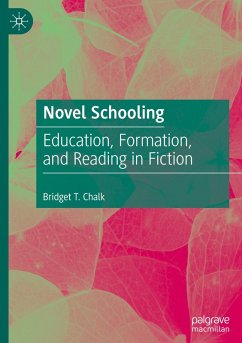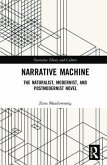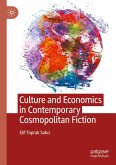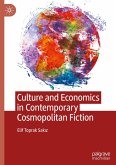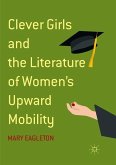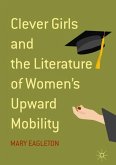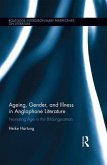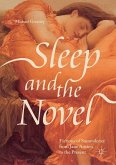This book identifies and explores the consistent link between negative depictions of education in novels and claims for the educative effects of reading them. The novel and education are both phenomena that rely fundamentally on development over time: the former in plot and character, and the latter in individual potential. Despite this basic parallel, these forms of development are at odds in many works of fiction that treat education as constrictive and even traumatic to the individual, rather than healthy and formative. Novel Schooling identifies a pervasive pattern in novels from the 19th to 21st centuries: writers ranging from Charles Dickens and D.H. Lawrence to Zadie Smith reject conventional modes of education and propose their own models for shaping the sensibilities of their characters and readers. These works critique institutional education as a point of departure to position reading fiction as a superior form of individual development. Using the new ethics and reader-response theory, this work traces the treatment of education in and through the novel, concluding with fresh assertions of the value of literature in a digital, market-driven world.

